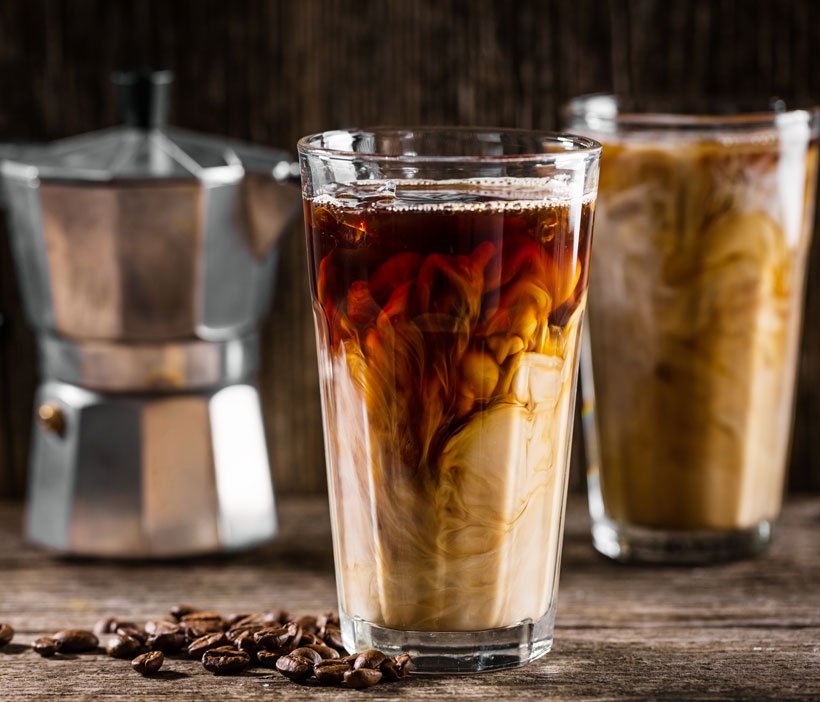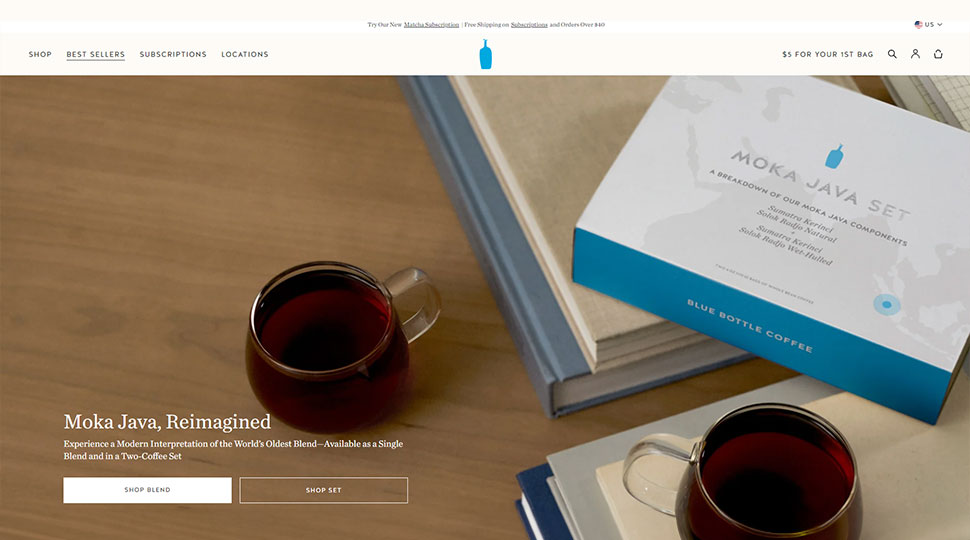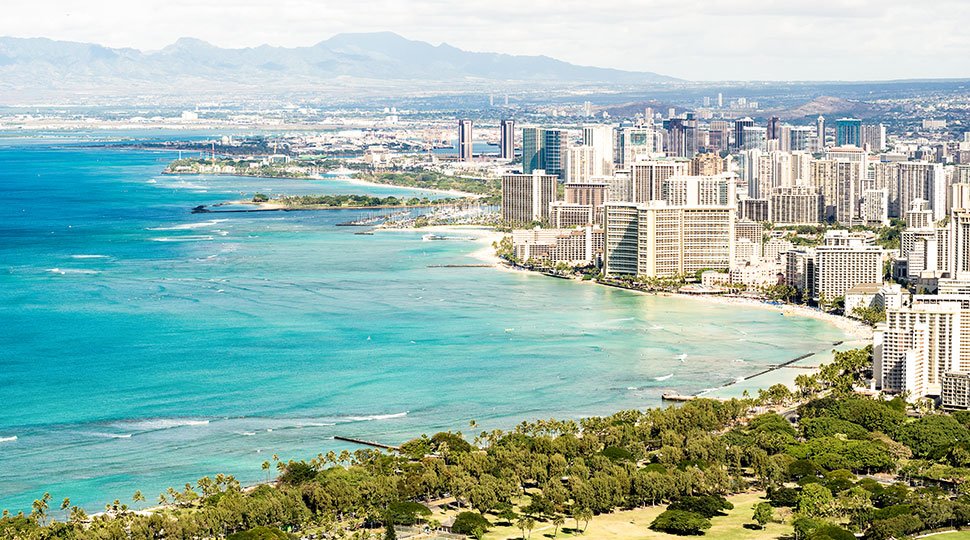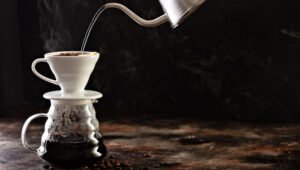Learning how to make cold brew coffee has become increasingly popular in recent years, and it’s easy to see why. The smooth, rich flavor and low acidity make it a perfect choice for coffee lovers who want to enjoy their daily cup without the bitterness or jitters that can come with hot-brewed coffee. But what makes cold brew so special?
And more importantly, how do you make it at home?
If you’re new to the world of cold brew, don’t worry – we’ve got you covered. In this guide, we’ll take you through the basics of making cold brew coffee, from selecting the right supplies to brewing the perfect cup.
Supplies Needed for Making Cold Brew Coffee
Before you start brewing, it’s essential to have the right supplies to ensure that your cold brew turns out perfectly. Here are the basic supplies you’ll need:
Coarsely ground coffee beans: The quality and coarseness of your coffee grounds can greatly affect the flavor and consistency of your cold brew. You can use any type of coffee bean you like, but coarser grinds work best for cold brew. A medium to coarse grind will allow for optimal extraction of flavors during the brewing process. If you’re unsure about the grind size, start with a medium-coarse grind and adjust as needed.
A large glass or plastic container with a lid: This will be your brewer and storage vessel. Look for something with a capacity of at least 1 quart (32 oz). Make sure that the container is clean and free of any residual flavors or odors. You can also use a mason jar, a glass carafe, or even a large plastic bottle as long as it’s clean and has a lid.
A fine- mesh strainer or cheesecloth: You’ll need this to strain the coffee grounds from the liquid after brewing. A fine-mesh strainer is ideal because it will catch any remaining coffee particles, leaving you with a smooth and sediment-free brew. Cheesecloth can also be used, but make sure it’s tightly wrapped around the strainer or container to prevent any loose coffee grounds from getting into your brew.
Water: Use filtered water to prevent any impurities or flavors from affecting your brew. Tap water can work well as long as you’re using a good quality filter. If you’re using bottled water, make sure it’s free of any added chemicals or minerals that could affect the taste of your cold brew.
A scale (optional but recommended): If you’re serious about precision in your brewing, a scale can be useful for measuring out the perfect amount of coffee and water. A digital scale is ideal because it provides accurate measurements down to the gram. This will help you achieve consistent results and fine-tune your brew to your liking.
It’s worth noting that you don’t need any specialized equipment or gadgets to make cold brew coffee. These basic supplies are all you need to get started, but having a few extra tools can be helpful in refining your brewing technique and achieving the perfect cup.
Step-by-Step Guide to Brewing the Perfect Cup of Cold Brew Coffee
Brewing cold brew coffee is a simple process that requires patience, but with these steps, you’ll be well on your way to creating a delicious cup.
1. Measure and Grind
Start by measuring out 1 cup (8 oz) of coarsely ground coffee beans for every quart (32 oz) of water. You can adjust this ratio to suit your taste preferences, but this is a good starting point. The type of grind you use will also affect the flavor and consistency of your cold brew. A medium to coarse grind is ideal for cold brew, as it allows for optimal extraction of flavors during the brewing process.
Tips:
- Use a scale to accurately measure out your coffee and water.
- Adjust the ratio of coffee to water based on your personal taste preferences.
- Experiment with different grind sizes to find the one that works best for you.
2. Combine Coffee and Water
Place the measured coffee grounds in the large glass or plastic container with a lid. Add the filtered water, making sure that all of the coffee grounds are saturated. You can gently stir the mixture to ensure everything is well combined.
Tips:
- Use filtered water to prevent any impurities or flavors from affecting your brew.
- Make sure the coffee grounds are fully submerged in water to prevent any bitter flavors from developing.
- Avoid stirring the mixture too vigorously, as this can cause the coffee grounds to become compacted and affect the flavor of the brew.
3. Steep
Cover the container with its lid and let it sit at room temperature for 12-24 hours. The longer you steep, the stronger your cold brew will be. You can also refrigerate the mixture if you prefer a milder flavor. Keep in mind that the steeping time will affect the flavor profile of your coffee, so experiment to find the perfect balance for your taste buds.
Tips:
- Use a thermometer to monitor the temperature of the coffee during the steeping process. The ideal temperature range is between 68-72°F (20-22°C).
- Avoid disturbing the mixture or stirring it excessively, as this can cause the coffee grounds to become compacted and affect the flavor of the brew.
- If you prefer a stronger cold brew, you can steep the mixture for up to 48 hours.
4. Strain
After the steeping period has ended, use a fine-mesh strainer or cheesecloth to strain the coffee grounds from the liquid. Discard the grounds and reserve the coffee. You can also use a French press or a cold brew coffee maker with a built-in filter to simplify the process.
Tips:
- Use a clean and sanitized container to store your cold brew.
- Avoid exposing the coffee to direct sunlight, as this can cause it to degrade quickly.
- Experiment with different straining methods to find the one that works best for you.
Tips for Perfecting Your Brew
Experiment with different coffee-to-water ratios
To achieve the perfect balance of flavors, experiment with different coffee-to-water ratios. Some people prefer a stronger brew, while others like it more diluted. Start with a 1:4 ratio (one part coffee to four parts water) and adjust to your taste preferences. If you find the brew too strong, try increasing the water ratio. If you find it too weak, try reducing the water ratio.
Adjust the steeping time based on your desired strength of brew
The longer you steep, the stronger the flavor will be. Experiment with different steeping times to find the perfect balance for your taste preferences. Some people prefer a milder flavor and may only steep for 12 hours, while others like a bolder flavor and may steep for 24 hours or more.
Use filtered water
The type of water you use can greatly affect the flavor of your cold brew coffee. Use filtered water to prevent any impurities or flavors from affecting your brew. You can also use bottled water as long as it’s free of added chemicals or minerals that could affect the taste of your coffee.
Keep your cold brew in an airtight container and store it in the refrigerator for up to 2 weeks
Once you’ve brewed your cold brew, make sure to store it properly to maintain its flavor and freshness. Keep the container tightly sealed and store it in the refrigerator at a temperature below 40°F (4°C).

You can also freeze the coffee if you won’t be using it within 2 weeks.
Additional Tips
Store your coffee beans properly: If you’re not planning to use your coffee beans immediately, store them in an airtight container in a cool, dry place to preserve their flavor and aroma.
Use the right grind size: Experiment with different grind sizes to find the one that works best for you. A medium to coarse grind is ideal for cold brew coffee.
Avoid over-steeping: Steeping your coffee for too long can result in an overpowering or bitter flavor. Monitor the steeping time and adjust as needed.
Experiment with different brewing methods: Try using a French press, pour-over, or other brewing method to find the one that works best for you.
Keep your equipment clean: Regularly clean your coffee maker and other equipment to prevent any buildup of residue or bacteria that could affect the flavor of your coffee.
The Last Drop
Making cold brew coffee at home is a simple and rewarding process that requires patience but yields delicious results. With these steps and tips, you’ll be well on your way to creating a perfect cup of cold brew.
Whether you’re a coffee connoisseur or just looking for a new way to enjoy your daily cup, cold brew is definitely worth trying.








